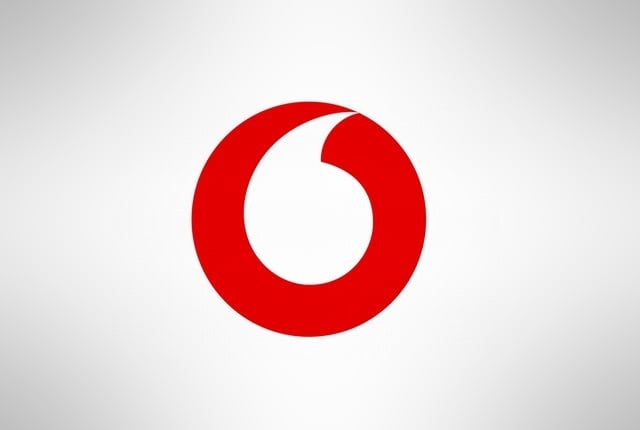
The Competition Commission’s investigation of Vodacom’s enormous “transversal” contract with the state could result in the deal – the showpiece of National Treasury’s ambitious overhaul of the tender system – being scrapped.
The deal is explicitly meant to be a “benchmark model for cost reduction measures,” according to Treasury’s latest circular on the contract three weeks ago.
According to the commission the deal is an abuse of dominance under the Competition Act because Vodacom is already a dominant player in the cellular industry, with more than 50% of the market share.
A similar contract with a hypothetical cellphone company that has very little market power would not raise the same concerns, said commission spokesperson Sipho Ngwema.
Vodacom’s size automatically places special obligations on it to, among other things, not enter into exclusionary contracts, said Ngwema.
Treasury had identified Vodacom and MTN as the only companies able to technologically pull off the transversal contract, leading to a possibly irreconciliable conflict with the competition authority’s mission to demonopolise the economy.
The introduction of transversal tenders that span across several departments and agencies is meant to save enormous amounts of money and stamp out corruption.
The Vodacom transversal contract is the most ambitious and monolithic of these deals so far.
It kicked off in September last year and lasts until 2020.
The idea is that all cellular contracts paid for by the state will be replaced by Vodacom bundles that assign airtime and data to several individuals under the same state entity.
This way no money is wasted when people use less than their monthly minutes and heavy users aren’t penalised when they go over their contract limits.
Having everyone on the same network saves money and there is an added benefit that Vodacom is providing data security services as well, according to the Treasury circular.
Treasury initially claimed the deal could save the state 40% on its phone bill.
According to this year’s budget review the government spends R3.2 billion a year on telephony.
It was estimated that the Vodacom deal would save R1.2 billion over the next three years up to March 2020.
Vodacom’s revenue in South Africa was R64.7 billion for the year to March 31 2017, making the state deal equivalent to no more than about 4% of it.
The knock-on effects of converting the entire public sector workforce to its network are as important. It is easy to see why the commission is interested.
In 2016 Treasury made using the Vodacom contract a mandatory cost-cutting measure in its annual cost-containment instruction to all departments and public entities every year – alongside things like limits on catering expenses.
In May this year a new cost-containment instruction from Treasury changed the tone somewhat, indicating that a problem had possibly already been identified.
Now all state entities “may” use the Vodacom contract.
If they do not, they however still have to “obtain approval” from Treasury for using another network.
The contract explicitly calls for the conversion of all state entities to Vodacom with a transition process set out to port numbers from other networks en masse.
According to the commission the contract may raise Vodacom’s already significant market share, distort competition and cost other providers business.
All of this is true, but the question is now whether the contract is a breach of the Competition Act due to Vodacom’s “dominant firm” status, considering that it was designed this way by Treasury.
Since 2014, National Treasury has made a concerted effort to expand the number of transversal contracts that are negotiated in Pretoria for the entire public sector.
Almost 700 different government entities have the power to put out tenders since the old national tender board was dismantled in 2004, leading to enormous duplicated effort, inefficiency and opportunities for corruption.
In 2015, then chief procurement officer Kenneth Brown had identified many major items of state expenditure for conversion to transversal tendering.
These included property leases, air travel and hotel bookings, consultancy, private security, banking and cellular telephony.
Of these only cellular telephony has so far resulted in a singular transversal contract, but private security would for instance probably cause similar competition concerns due to the dominance of major firms such as ADT and GS4.




 Publications
Publications
 Partners
Partners








